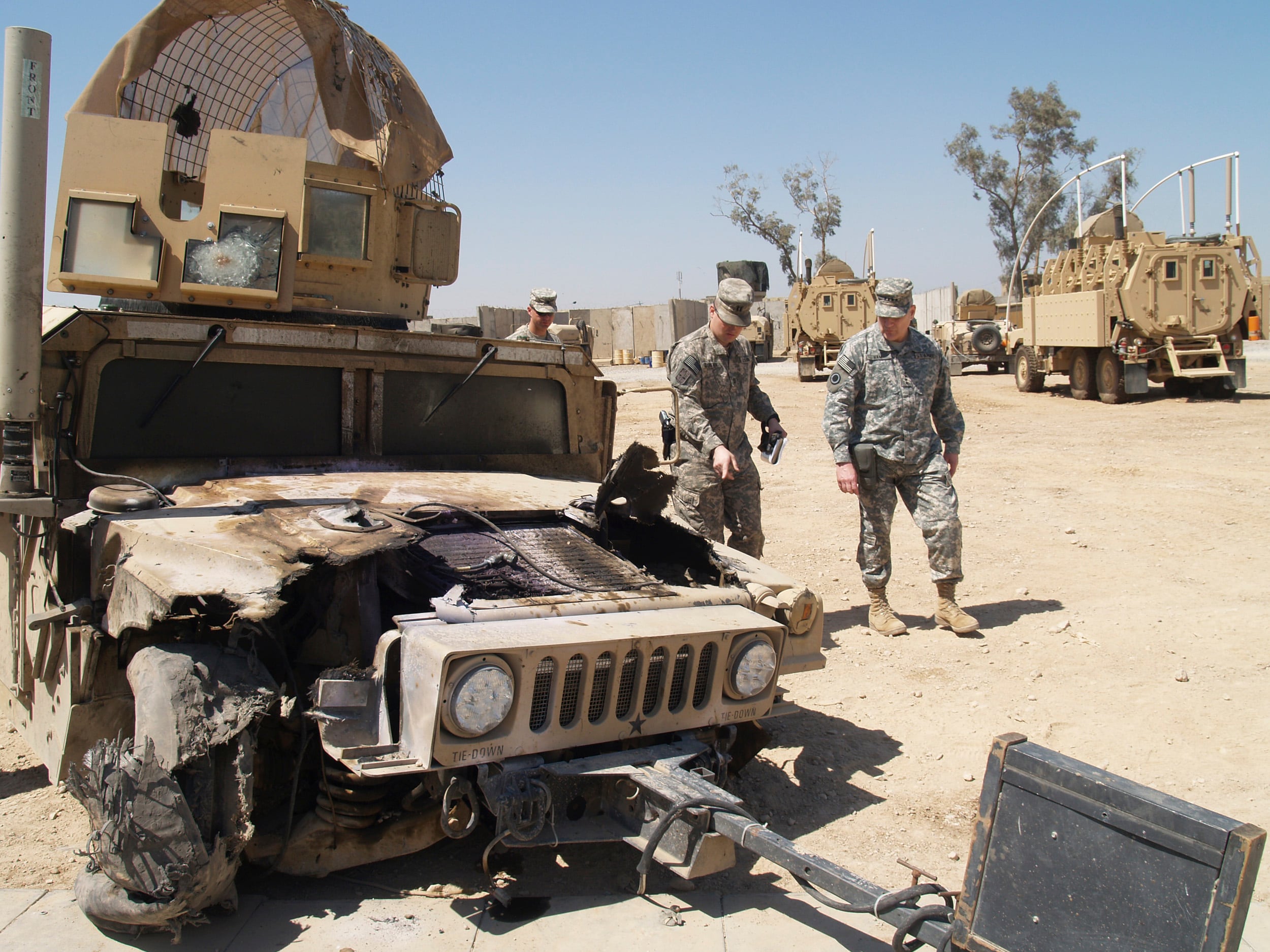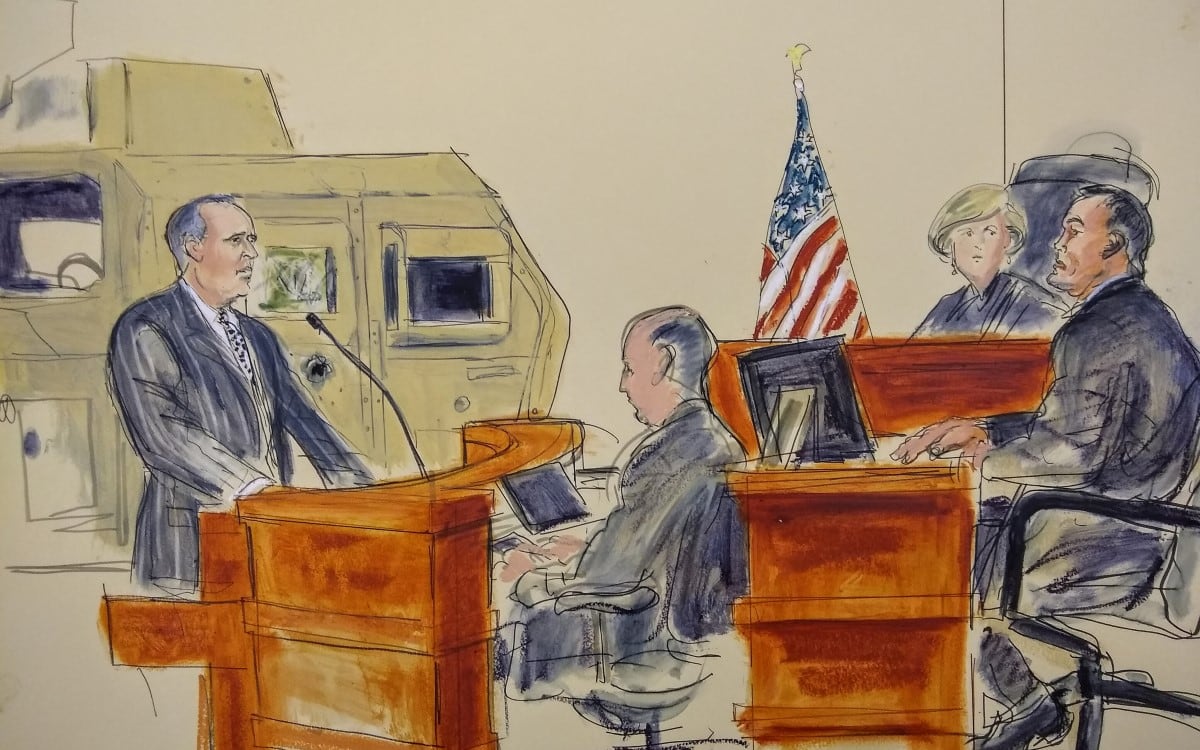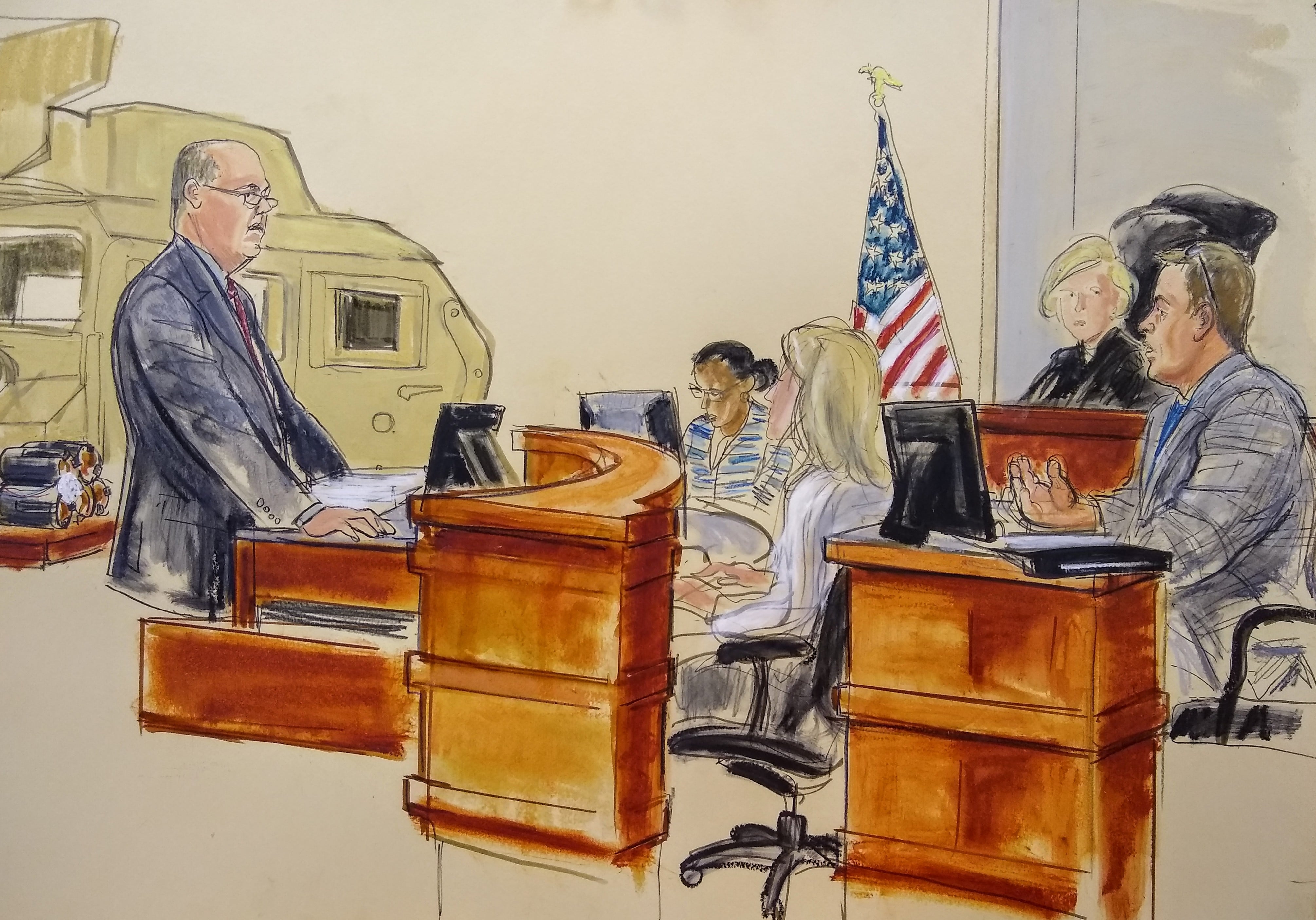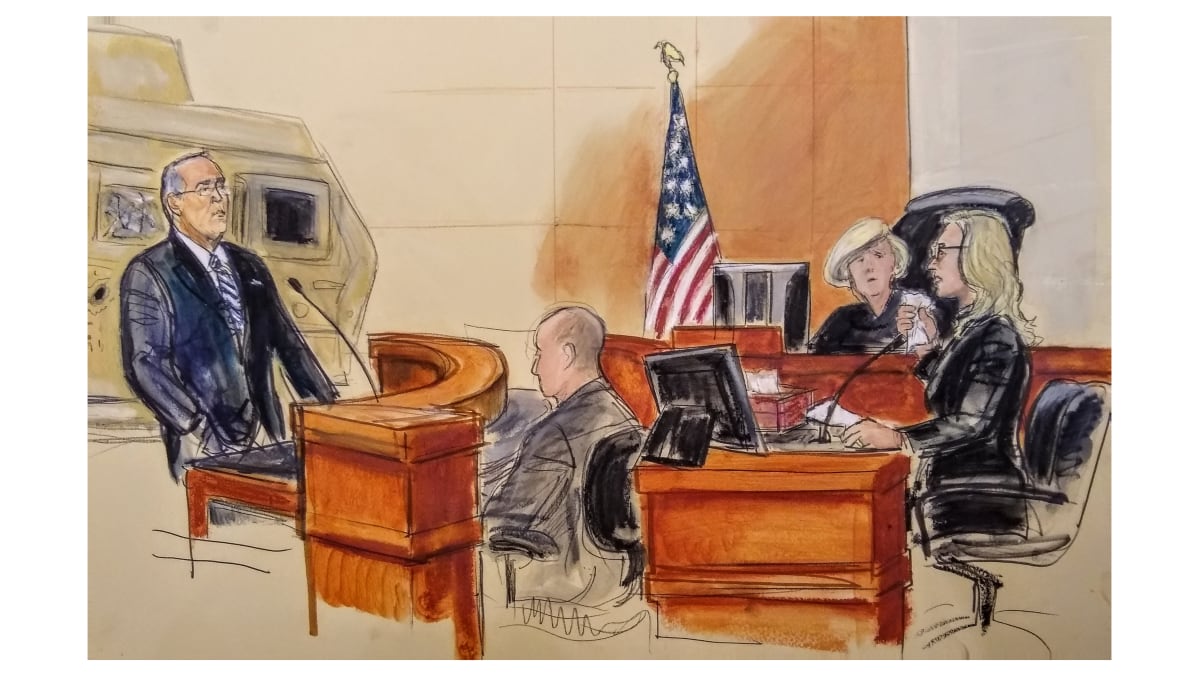While the U.S. military has killed Qassem Soleimani, the architect of Iranian-backed attacks on U.S. troops during the Iraq War, the legal effort by the U.S. victims of those attacks — and the demands to make Iran pay for them — remains unresolved.
A U.S. federal lawsuit continues today involving more than 300 plaintiffs, nearly all either direct victims or family members of victims of the armor-piercing improvised explosive devices that Iran made and exported to Iraq, known as Explosively Formed Penetrators, or EFPs.
Suleimani was killed by a U.S. strike at the Baghdad Airport Thursday following a series of Iranian-backed attacks on U.S. facilities, including the American embassy in Baghdad.
RELATED

For decades, Suleimani led Iran’s Quds Force, an elite branch of the Revolutionary Guard that for years supplied Iraq-based insurgents with bombmaking materials, expertise and tactical training.
Those attacks targeted U.S. troops from at least 2004 through the war’s end in 2011. Ever-increasing armor protection and countermeasures were met with improved tactics and methods that kept killing troops.
RELATED

Government reports and court filings estimate that at least 1,000 U.S. victims of IED attacks in Iraq can be directly linked to Iranian support through training, materials or employment of the devices.
In December 2018, a sample of those individuals testified in court in Washington, D.C. about the impact of the attacks, while their attorneys strung together evidence and testimony linking the attacks to Iran.
Later in 2019, a federal judge awarded damages in the billions to many of the victims, but it’s unclear if the Iranian government will ever pay any of the claims.
RELATED

Much of what has been funded has come from court cases against banks that handled Iranian money in spite of sanctions against such transactions.
In 2012, HSBC, a British-based investment bank, admitted to its role and agreed to forfeit $1.25 billion; Credit Suisse agreed to forfeit $536 million; Commerzbank AG agreed to pay $1.45 billion; Standard Chartered Bank reached a $340 million settlement; and Barclay’s forfeited $298 million in connection with its violations.
RELATED

Federal prosecutors had emails in which bank officials instructed Iranian counterparts on how to scrub documents so as to avoid tracing the money flow back to Iran.
But in a separate case involving Iranian-backed terror attacks on U.S. citizens, $1 billion has been paid out. Experts estimate that as many as 6,000 U.S. citizens could be eligible for assistance from the fund of seized Iranian money and assets.
Todd South has written about crime, courts, government and the military for multiple publications since 2004 and was named a 2014 Pulitzer finalist for a co-written project on witness intimidation. Todd is a Marine veteran of the Iraq War.




